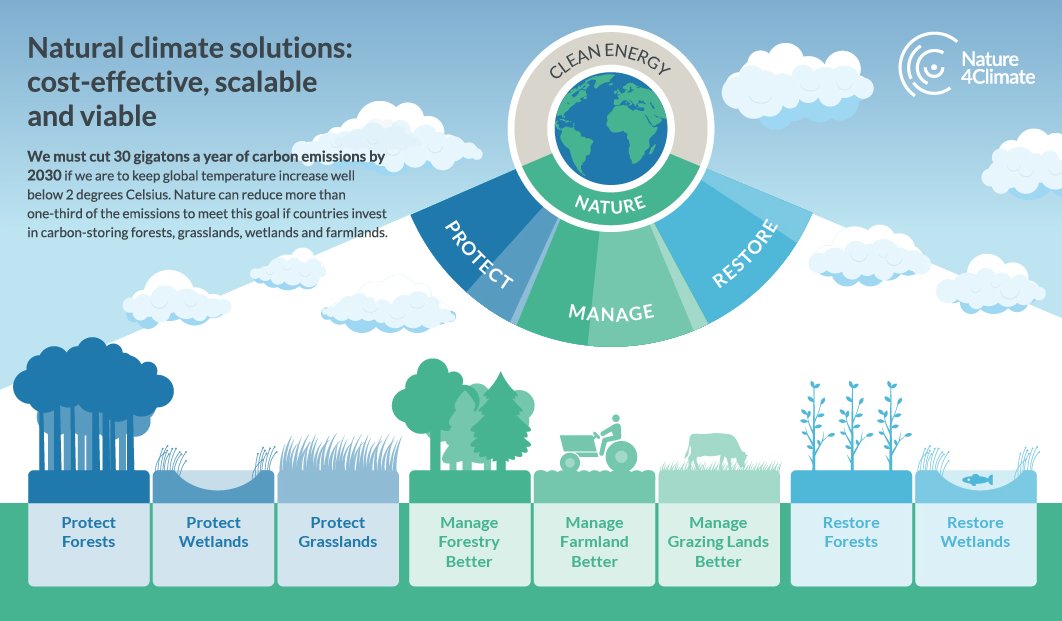
The IPCC Report on Land confirms what we already know to be true: that we are facing a planetary emergency, that the window for taking decisive action is closing fast and that the costs of inaction will be catastrophic. While the report paints a bleak picture of what could come to pass, it also points a way forward, including opportunities for immediate action. The most important lesson is that the planet has boundaries we must understand and respect. Meeting the Paris climate agreement of staying well below 2 °C can only be achieved if combining the phase-out of fossil fuels with managing all planetary boundaries, particularly land, biodiversity, nitrogen, phosphorus and water.
Read more
Related articles for further reading
By Johan Rockström, Director of the Potsdam Institute for Climate Impact Research
— August 8th 2019
The IPCC Report on Land confirms what we already know to be true: that we are facing a planetary emergency, that the window for taking decisive action is closing fast and that the costs of inaction will be catastrophic. While the report paints a bleak picture of what could come to pass, it also points a way forward, including opportunities for immediate action.
The most important lesson is that the planet has boundaries we must understand and respect. Meeting the Paris climate agreement of staying well below 2 °C can only be achieved if combining the phase-out of fossil fuels with managing all planetary boundaries, particularly land, biodiversity, nitrogen, phosphorus and water. These together determine how much carbon the biosphere can store. All of this occurs as ‘land-use’, which today absorbs almost 25% of CO2 from burning fossil fuels. Its ability to absorb depends on our ability to safeguard the resilience of land-based ecosystems.

On the other hand, if we continue business-as-usual we will very quickly exceed them, and consequences will be dire. We must dramatically reevaluate how we use land to feed ourselves, fuel economic growth and combat climate change. If we fail to halt and reverse the destruction and degradation of natural ecosystems like forests, oceans or ice sheets, we will fail to achieve the goals of the Paris Agreement.
The answer lies in a much smarter and more deliberate way of managing our land use, a process that will include some conscious choices about farming practices and lifestyles. The good news is there are solutions that can be deployed that combat land degradation, put food on the table, deliver economic benefits and build resilience to climate change, all at the same time. But those solutions must be advanced now. The next ten years are potentially the most important period in human history: The action taken over the next decade – which must be led by governments – will determine whether or not we are able to emerge from this emergency by transforming our global economy to better balance our climate response, biodiversity and development. The UN Secretary-General’s Climate Summit in September is an important opportunity for determining if political leaders are up to the challenge.
-ENDS-